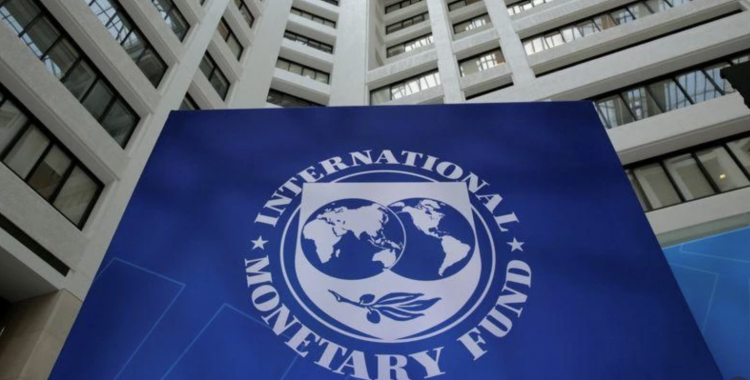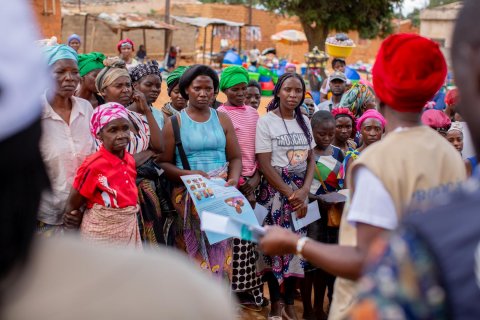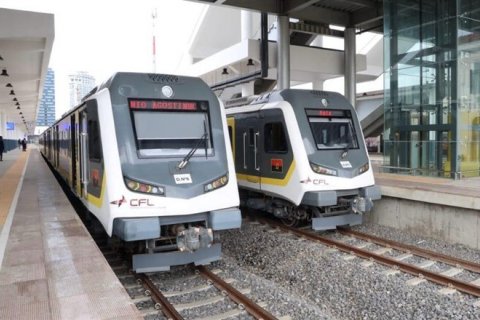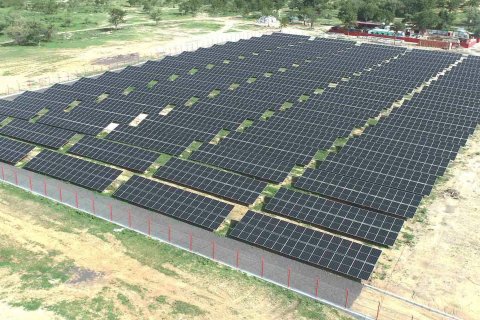"For policymakers, there are three simultaneous priorities: reducing macroeconomic vulnerabilities, but at the same time responding to development needs and ensuring that reforms are politically and socially acceptable," said Thibault Lemaire.
In an interview with Lusa at the end of the Spring Meetings of the World Bank and the IMF, which ended on Saturday in Washington, the economist stressed that "the economic turbulence in the region does not result directly from the tariffs" imposed by the President of the United States, Donald Trump, on trade with the countries, but rather through the indirect effects of this measure.
"The effects are mainly indirect; for the region the most important transmission channel, especially for oil exporters like Angola and Nigeria, is the reduction in raw material prices," said Thibault Lemaire, acknowledging that global economic conditions also have a significant impact on the region.
"The side effects are due to the slowdown in global demand, tightening of financial conditions, potential exchange rate pressures and, globally, greater economic uncertainty," he said.
In an interview with Lusa at the end of the Meetings, the economist from the Fund's African department highlighted that, despite the challenges, "there are resilience factors in the region", which should slow growth to 3.8 percent this year, a revision that shows a cut of 0.4 percentage points in relation to the October forecasts.
Last year, the region "exceeded expectations", recording growth of four percent, above the 3.6 percent recorded in 2023, and below the 4.2 percent forecast for 2026.
"There were signs of growth picking up in the fourth quarter of last year, due to improved policies and a reduction in macroeconomic imbalances, including a slowdown in inflation to 4.5 percent on average earlier this year and a stabilization of the public debt ratio to below 60 percent of GDP," the economist said.
"The global turmoil brings several shocks and has clouded the economic outlook," said Thibault Lemaire, noting that "despite the adverse factors at the global level, 11 of the 20 countries with the highest growth rate are in sub-Saharan Africa, which demonstrates the resilience and potential of the region."
Among the 45 countries in sub-Saharan Africa, 24 have financing programs in force at the IMF, which since 2020 has financed the countries with more than 65 billion dollars, around 57 billion euros, most of it concessional, Lemaire highlighted, specifying that last year alone the financing was 8 billion dollars (7 billion euros), to which another 800 million dollars, more or less 700 million euros, must be added this year.
"For now and for the future, I would like to remind you that we are the institution created to help countries deal with external shocks, and that is exactly why we are here; we always reiterate that we are ready to support countries when they face exogenous shocks, and this availability will continue," he concluded.







